
I am learning to see. I don’t know why it is, but everything enters me more deeply and doesn’t stop where it once used to.
| Rainer Maria Rilke, The Notebooks of Malte Laurids Brigge
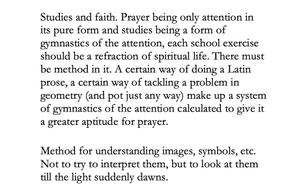
Pathfollowing, in short, is not so much intentional as attentional. It draws the follower out into presence of the real. As intention is to attention, therefore, so absence is to presence. This is also the difference between wayfaring and navigation.
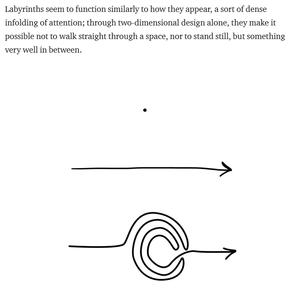
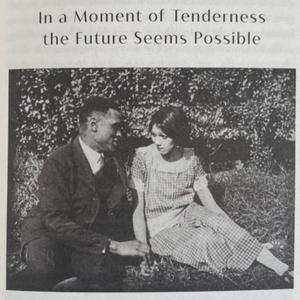
Sometimes being offered tenderness feels like the very proof that you’ve been ruined.
sitting with this excerpt ahead of the #RejectFinanceBill2024 protests tomorrow:
“You at the edges and shores, in the rooms of quiet, in the rooms of shouting, in the airport terminal, at the bus depot saying “No!” and each of us looking out from the gorgeous unlikelihood of our lives at all, finding ourselves here, witnesses to each other’s tenderness, which, this moment, is fury, is rage, which, this moment, is another way of saying: You are who I love You are who I love You and you and you are who”
— excerpt from Aracelis Girmay’s poem “You Are Who I Love”
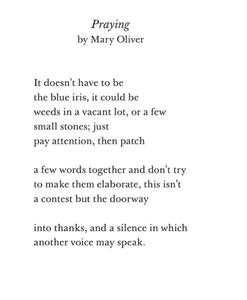
The act of tracing, itself, is a love language.
Its one of the most selfless acts of study, (attention as the highest form of intimacy), where the tracer offers their own identity at the altar, surrendering.
Here, Iet me take a backseat, let my hand follow yours in time.
Let me hold the lines you once held.
Let me caress the paths you formed.
I, as the tracer, place you on the pedestal of the drawing board. The site of my making, but today you are the one who makes me. Each act from now on is an act of worship to history and time. History and time and actions, of you.
(The ‘you’ here refers to your own God, the landscape, your lover, the squirrel prints in the sand, the stars, the stones, your mother, you.)
"She talked about how the circuits of a poetic form are not charged on what you say, but what you hold back. The poem is a net that catches the stutters, the hesitations, rather than the perfectly formed phrase. Attention to silence is itself an interrogation."
The heart is the toughest part of the body.
Tenderness is in the hands.
∆ Carolyn Forche
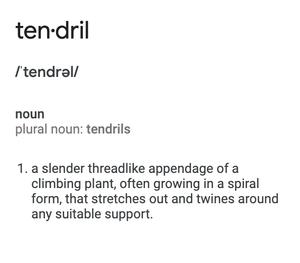
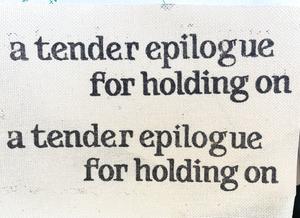
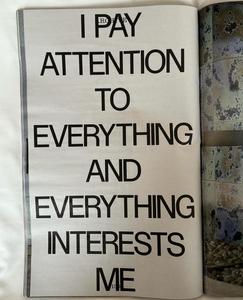
“Yet I have been pondering not the English, prosecutorial witness, but the Arabic. In this, our, language, the verb to witness comes from the root شهد . This is also the source of the much-maligned word شهيد, shaheed, which means, literally, witnesser, but is often translated as martyr. It is a word with many folds of meaning and history. It carries connotations not only of seeing, but of presence and proximity. To be a witness is to make contact, to be touched, and to bear the marks of this touch."
— Sarah Aziza, in her essay “The Work of the Witness”
Falling in love can be an isolating act, even if another person is present while it is happening. It’s all so interior, based on many moving parts and internalized messiness. It isn’t always like this, of course. But when it has been like that for me, I’ve come out of it happily exhausted, wondering why anyone would want to do this more than once in a lifetime. But, of course, when whatever love I’ve claimed fades, I find myself renewed, in search of the feeling once again. I have found ways to renew it even while still in love. Last fall, there was a point where I had a crush on the leaves, for all their twirling and kaleidoscopic showing off. I have a crush on the first few days of daylight saving time in either direction, when the sun does a real generosity and tricks me into staying out longer and later. Or, when it abruptly exits early, reminding me to bow to my true self. I have a crush on the way the familiar buildings of Columbus, Ohio, poke their faces through a puffy wall...
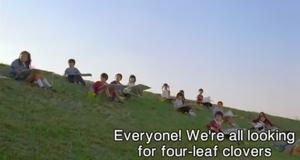
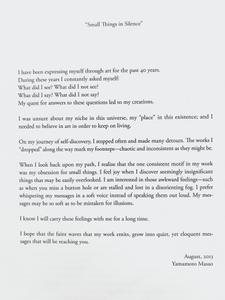
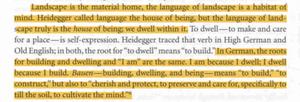
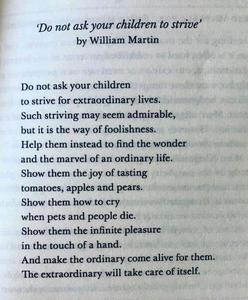
On my windowsill when I got home, there was a tumbler with pink jelly in it, and embedded in the jelly, sliced strawberries and bananas… [my neighbour] cooks at odd hours. She must have made the strawberry jelly this morning. When I buy baklava, which is not often because I eat too many, I leave a few for her on her windowsill, with a headscarf over them so the wasps don’t come. For these little gifts we don’t thank each other with words. They are commas of care.
∆ "commas of care" ~ John Berger, From A to X: A Story in Letters
curiosity is an attunement to multispecies entanglements, complexity, and the shimmer all around us
“Limit everything to the essential but do not remove the poetry.”
— Dieter Rams, quoted in Less and More: The Design Ethos of Dieter Rams